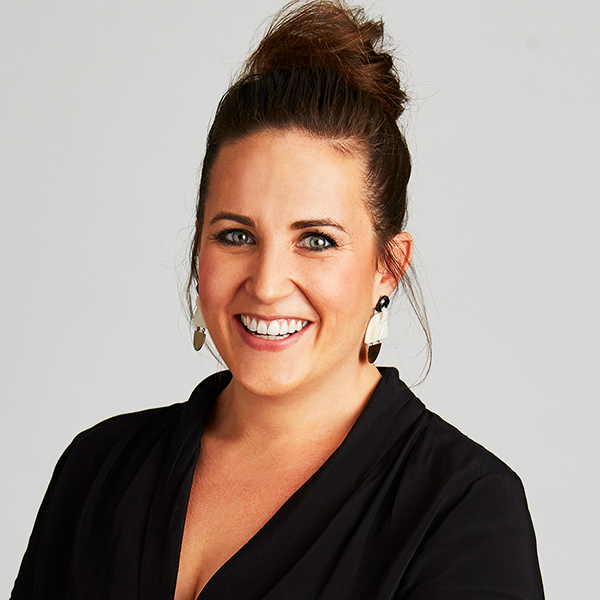05 Dec 2023
Words
Bronwen Gora Commercial Property Guide
Multi-Decade Opportunity Forecast For Lifestyle Affordable Accommodation Assets
Caravan and camping properties are still riding high on the wave of popularity generated during the pandemic.
By mid-year the annual rolling figure for caravan and camping trips had surpassed pre-covid figures of 14 million trips and 59 million nights to reach 15.5 million trips and 62.3 million nights, activity that generated around $11.2 billion in visitor expenditure. Given such data, it’s not surprising that transactions have been brisk within the sector this year – and at the start of the prime summer holiday season there are still rich pickings for investors, ranging from prime regional motels to holiday parks in metropolitan locations including Woronora Village in Sydney’s Sutherland Shire.
Trudy Crooks from Resort Brokers, the country’s largest accommodation sector agency, said there was no shortage of interest. “There’s still a lot of hungry buyers who want to get into the market,” Ms Crooks said. “Our buyer enquiry has increased by 34% from last year. Smart investors know that in the wealth creation business it’s not just about what you hold now but what can be achieved in the future. Being cashed up and ready to jump on the next great opportunity is where many astute investors are now positioning themselves.”
Moveable feast
What had changed however since last year were both the buying landscape and the methods of property evaluation, Ms Crooks said. For buyers, there was no doubt banks had tightened lending criteria, especially for owner-operators looking to secure a home as well as a business. For vendors, the goalposts had shifted in that there were now different parameters around business and property valuations.

Trudy Crooks, Managing Director
0477 882 210
trudy@resortbrokers.com.au
In the past, previous annual figures were routinely taken as predictors of future viability. But now, Ms Crooks explained, this was provide by “typically, a year for management rights and between three to five years for other accommodation asset types”.
“Obviously, we’ve had the major disruption that was covid followed by the remarkable rebound that saw most accommodation businesses around the country post one of their best years of trade. Naturally buyers are concerned about whether those results are sustainable and are looking for consistent positive trends. Consequently, buyers aren’t just verifying up to last financial year’s results during due diligence, they want to see your most recent figures which means your last month.”
Growing concurrently with the popularity among investors for motels and accommodation is that for Manufactured Housing Estates (MHE) or Residential Land Lease Communities (RLLC). Under this definition, people own their own homes but lease the land on which the home sits. One of the fastest growing property sectors in recent times, the current housing crisis and its broadening appeal beyond the retiree market is making it even more attractive for investors.
“It [MHE] is not just all about the over-50s or retirees,” said Angus Strachan, business services director at financial advisory firm BDO. “There are other people while live in these park homes. There are relative strong profit margins particularly as real estate generally increases, in the initial upfront sale of these homes - and there’s security of income from the ongoing ground leases,” Mr Strahan said, adding that from an investor’s point of view the sector presented a land play.
Lure of desirable locations
Simon Owen, CEO of Ingenia, one of Australia’s largest affordable rental and holiday accommodation providers, was particularly upbeat about the industry at the company’s recent annual shareholder meeting. “We are at the beginning of a multi-decade opportunity as seniors seek a move to an affordable lifestyle in desirable locations and domestic travel continues to be an attractive and attainable option for our core markets.” What’s more, forward bookings were up compared with the same June 2022-2023 period, Mr Owen said, having increased 9% through to the end of June 2024 “as families remain attracted to domestic travel”.
The Woronora Village sits among those properties that attracts both tourists for regular short stay holidays as well as long-term affordable accommodation. Before its current listing with HTL Property, it last sold to a private investor for $6.75 million in 2019. Nic Simarro, HTL’s property director, said demand from both short- and long-term occupants was extremely high for “assets of this nature”.
“Demand for housing affordability is an ever-present and ever-pressing issue for Australians especially those living in capital cities,” Mr Semarro said. “We are seeing strong demand for mixed-use and land lease community assets.”
